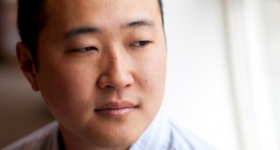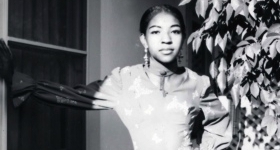By Mosarrap Hossain Khan
Rahna Reiko Rizzuto’s memoir, Hiroshima in the Morning, maps the author’s physical and psychological journey to Hiroshima, where she conducted an ethnographic study of the hibakusha, or atomic bomb survivors. The plot is set amidst two significant moments in Japanese and Japanese American history: the internment and the atomic bombing. The memoir also revolves around the story of Aunt Molly, who moved to Japan during the war, her work as a peace activist and a daughter’s discovery of her mother and herself as women unhinged by the demands of motherhood and wifehood.
The memoir weaves multiple narratives that occasionally intersect and exist concentrically. In the five-part book, Rizzuto juxtaposes the events of 9/11 and the subsequent war in Afghanistan to illustrate the repetitive nature of history and how violence affects all. By asserting the role of memory in the writing and collective understanding of history, the book foregrounds narratives that are not necessarily verifiable by facts of history and are personal. Rizzuto’s memoir demonstrates how stories do not merely recount events but can also heal.









Comments